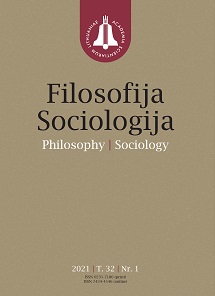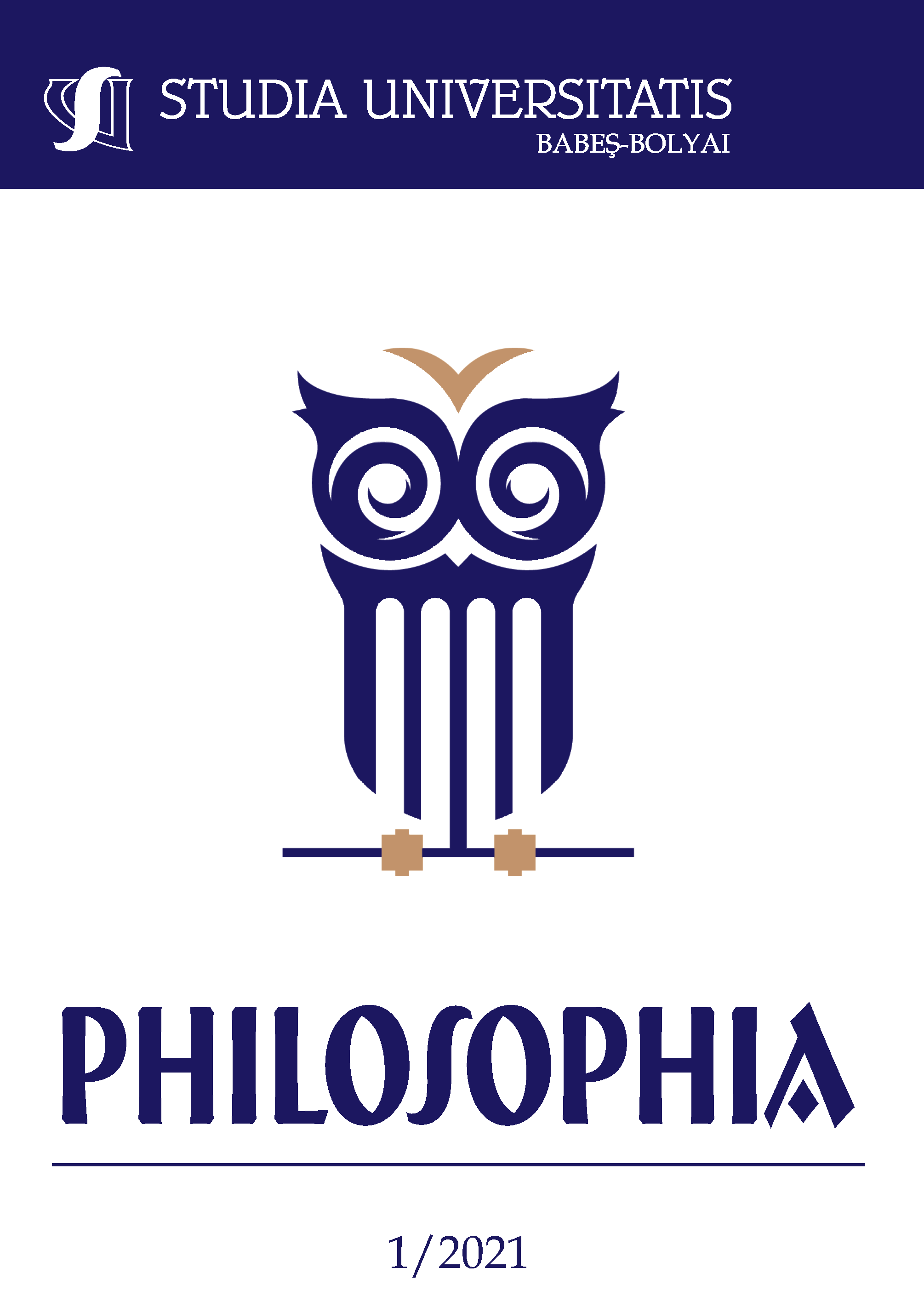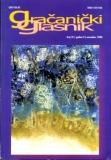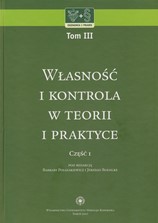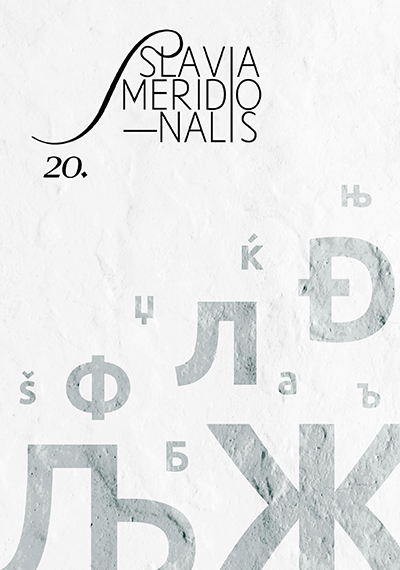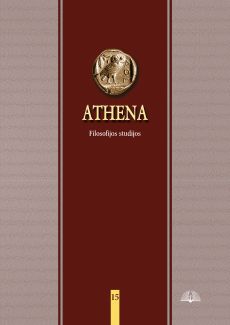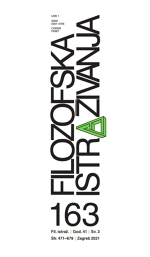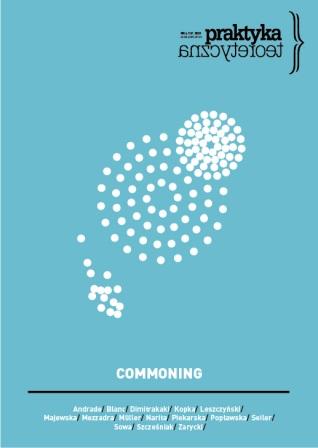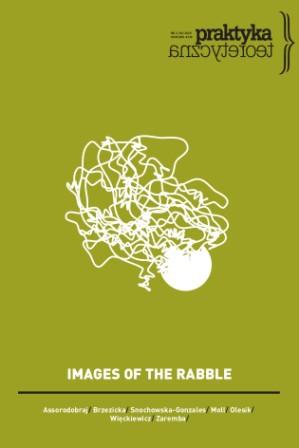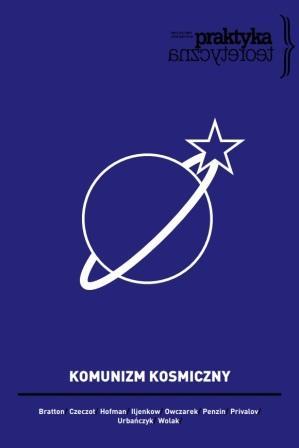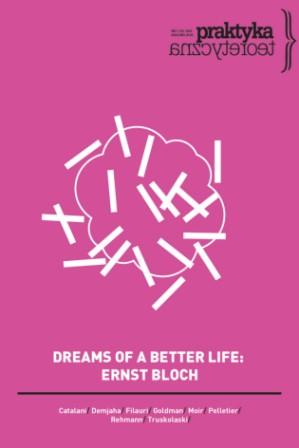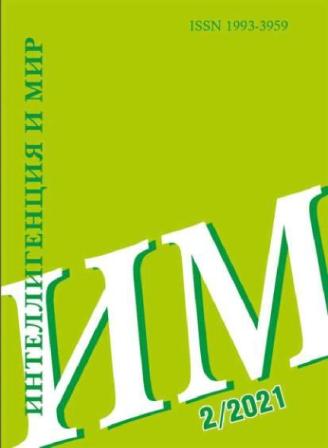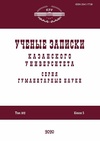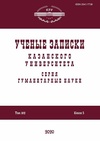Author(s): Vladimir Valentinovich Fortunatov / Language(s): Russian
Issue: 2/2021
The article in a concise, concentrated form presents the evolution of views of the outstanding Russian marxist revolutionary and founder of the Communist Party Vladimir Ilyich Lenin (1870—1924) in relation to the intelligentsia for almost thirty years of his social and political activity. Lenin’s understanding of the social nature of the social strata, consisting of persons with higher and secondary special education, engaged in professional intellectual work, served as the basis of the policy of the Bolshevik party, the Soviet government in relation to the old (bourgeois and petty bourgeois) intelligentsia not only in the first post-October years during the life of V. I. Lenin, but also in the following decades, is the main point in the debate about the fate of the country’s intellectuals. The purpose of the article is to characterize the contradictions, factors, features that influenced the formation, adjustment of the pragmatic, differentiated, rigid class approach of the founder and leader of the Soviet state V. I. Lenin to bourgeois specialists, to the old, most qualified part of the intelligentsia. The application of problem-chronological, systemic, comparative-comparative methods of studying the vast theoretical heritage of the Bolshevik leader, policy documents of the governing state and party bodies, statistics, biographies, memories of many prominent representatives of different intellectual groups allows to dispel the plume of pre-suction, conjunctural speculations and to make reasonable conclusions that have a basic, fundamental value. The article argues that Lenin played a decisive role in the fact that the absolute majority in the main social-professional groups of the old intelligentsia (teachers, doctors, engineers, scientists, literary and art figures) remained at home, adopted new conditions of life and activities and joined the process of creating a new society together with millions of workers and peasants.
More...
